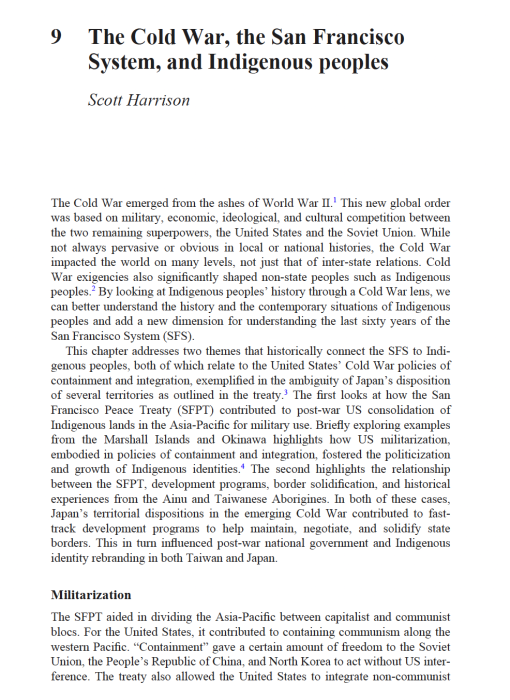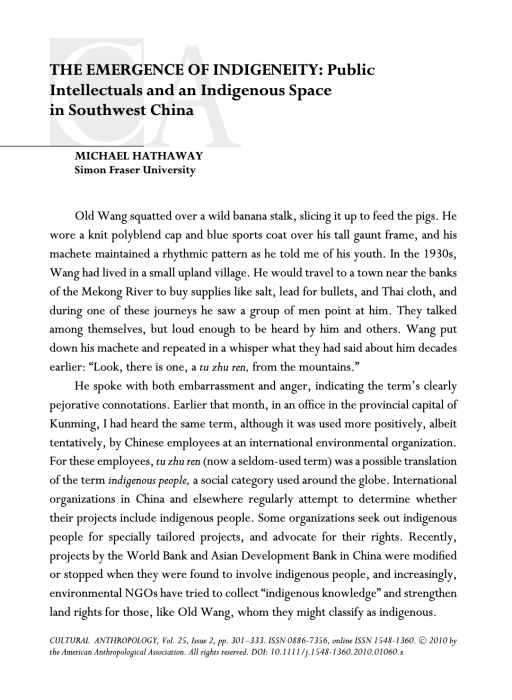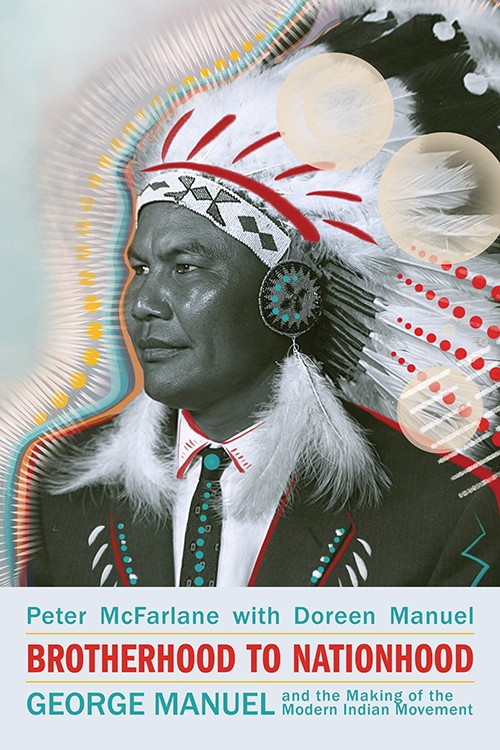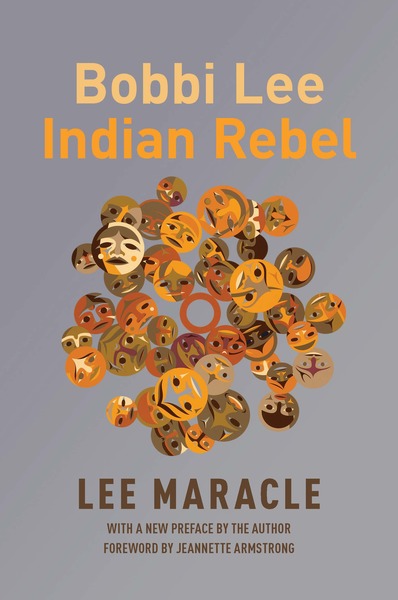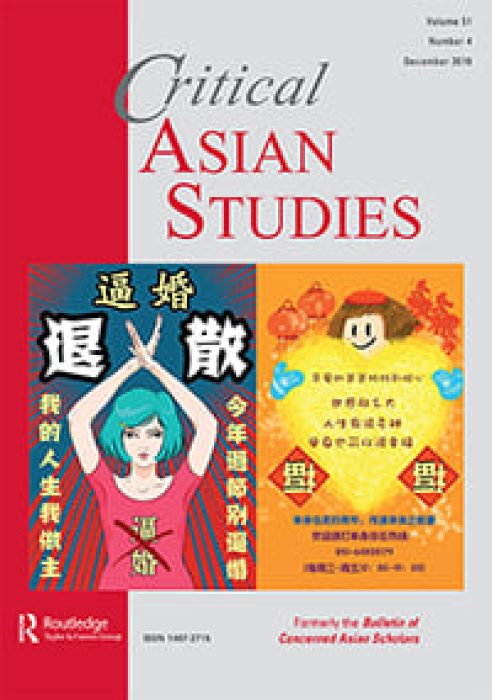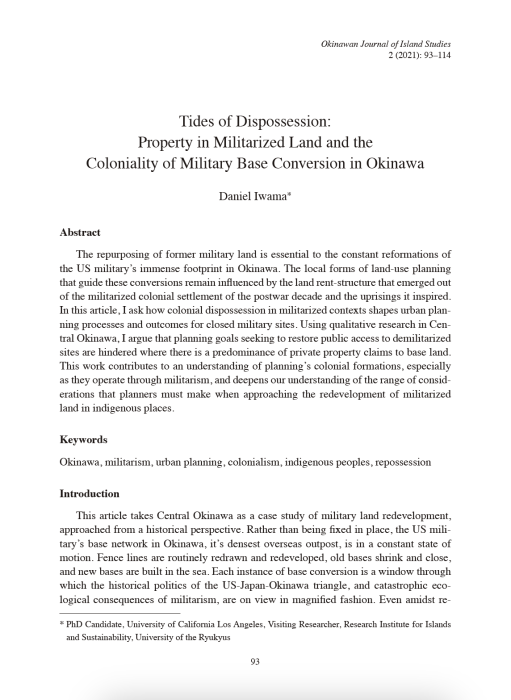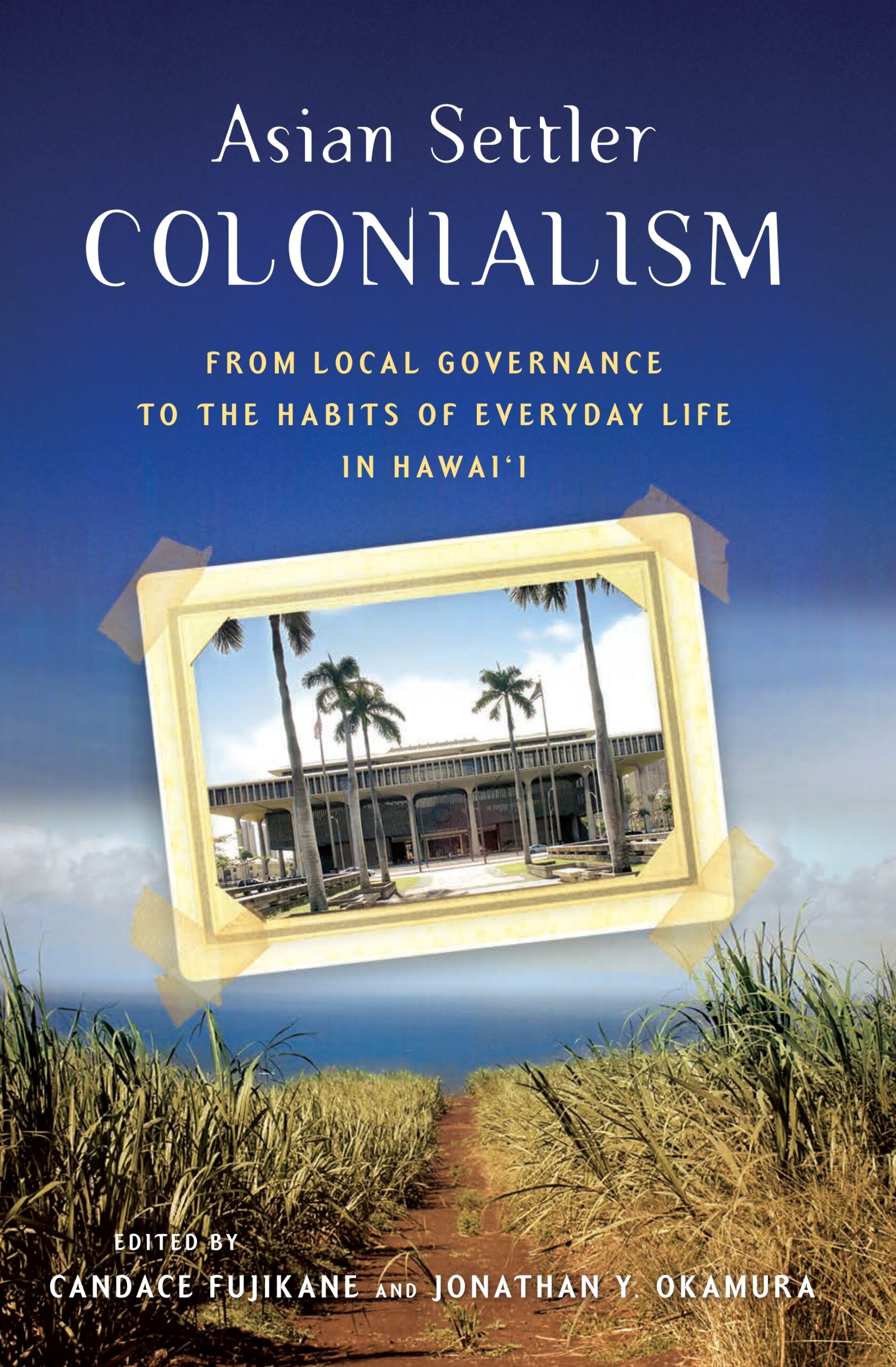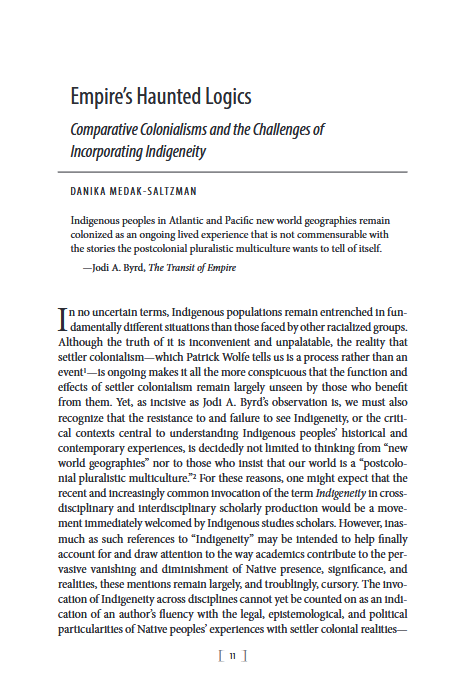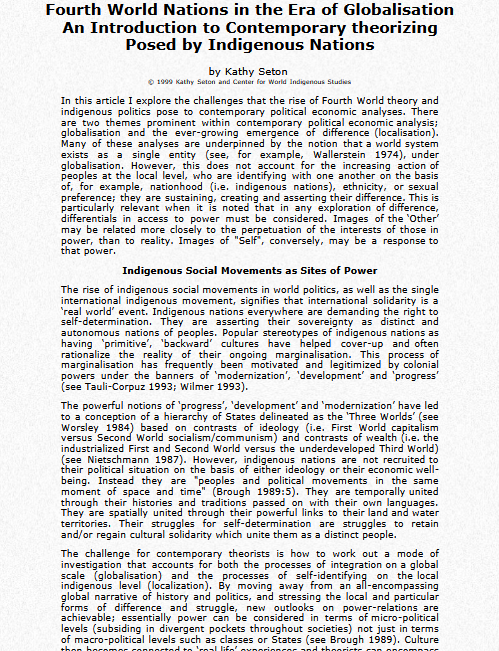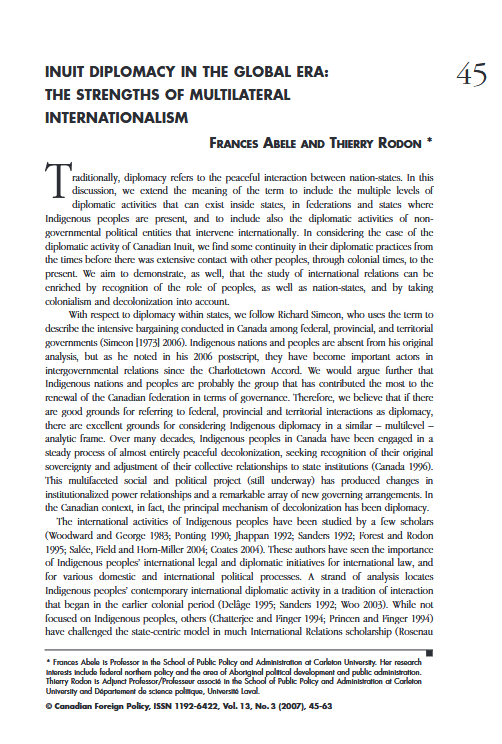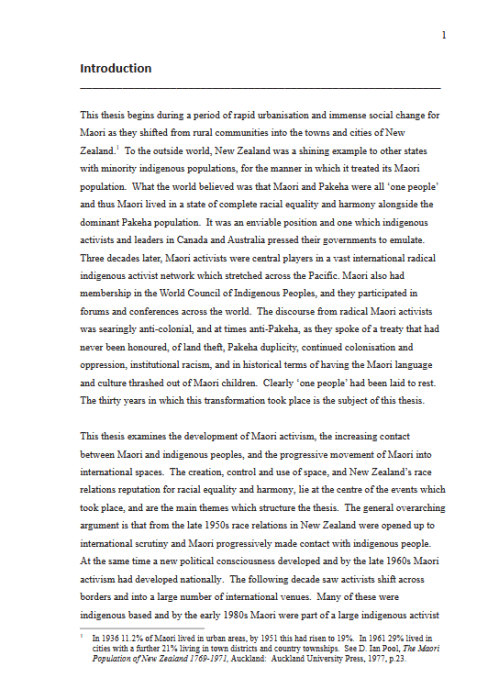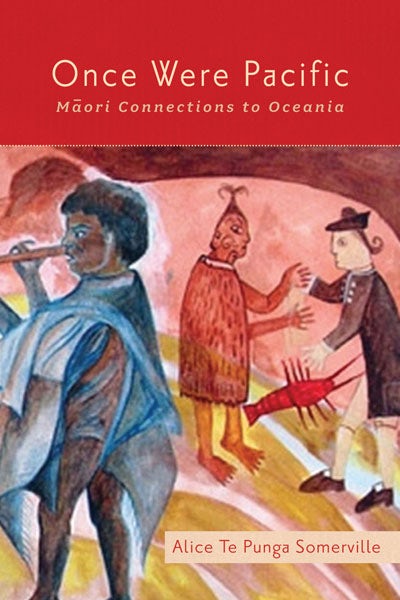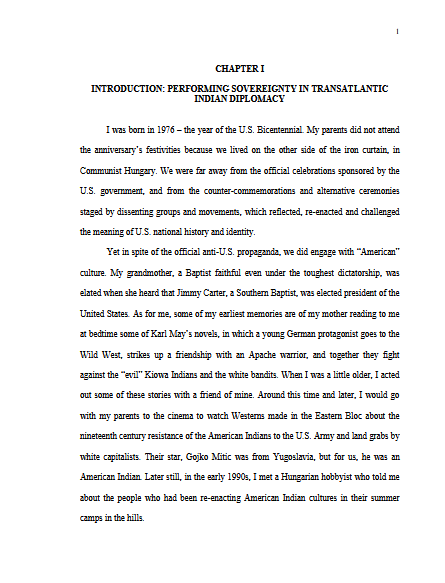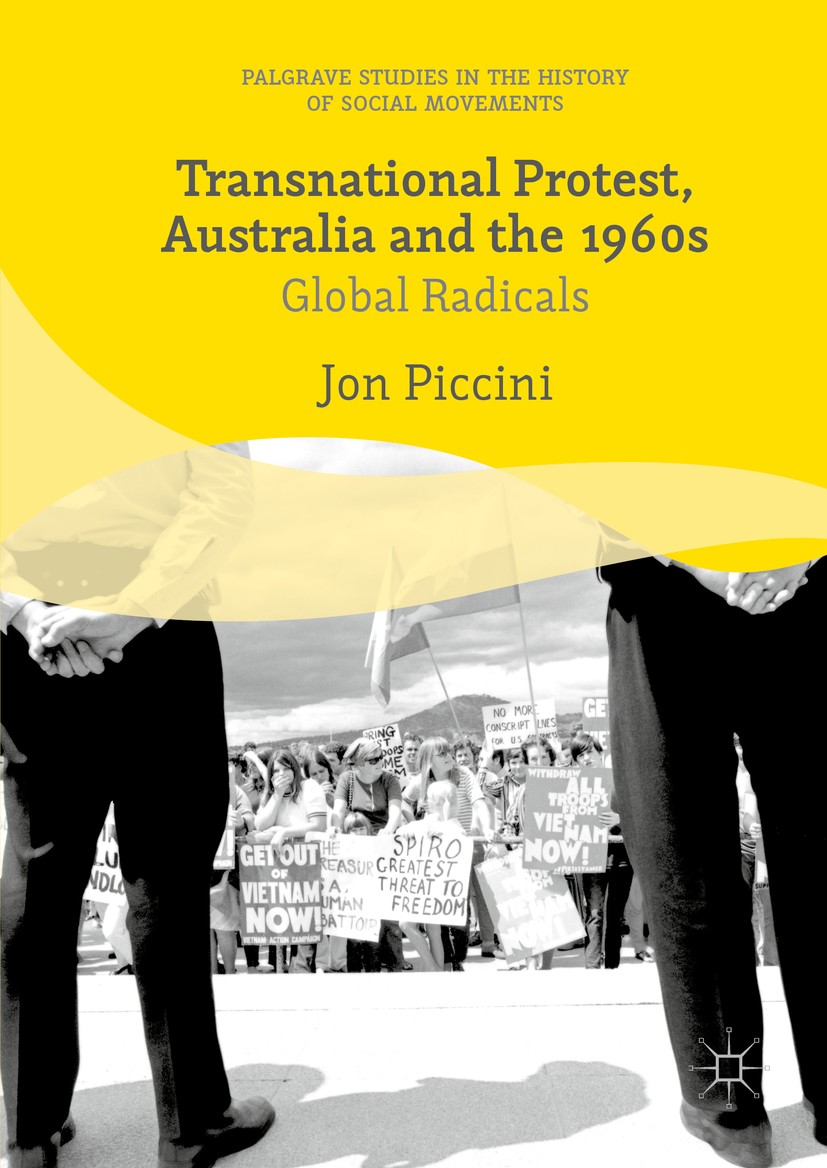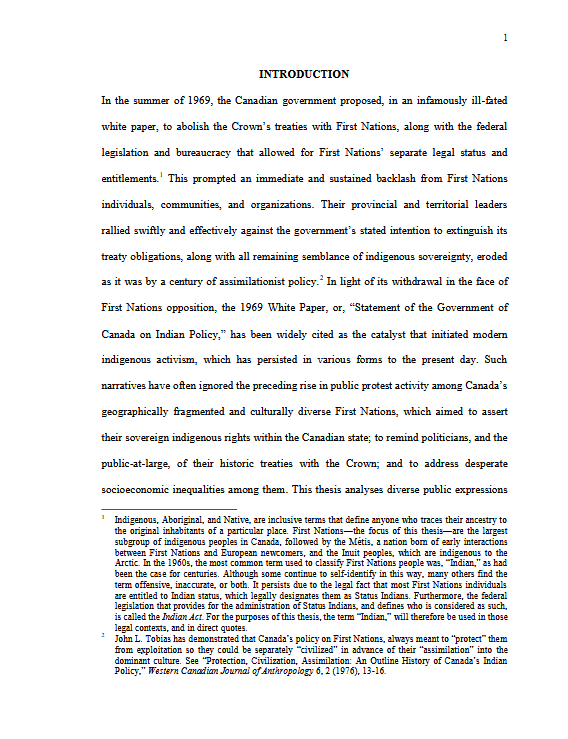The concept of Indigenous Peoples in Asia: A resource book
Christian Erni (Ed., 2008)
This collection of essays serves as a guide in exploring Indigeneity and minority groups in Asia. Drawing from a rich tapestry of history, anthropology, legal studies, and Indigenous studies, these essays provide valuable insights for anyone seeking a deeper understanding on Indigenous Asia。
The cold war, the San Francisco System, and Indigenous Peoples.
Scott Harrison (2015)
In K. Hara (Ed.), The San Francisco System and Its Legacies (pp. 203–219)
This book examines the themes that played a pivotal role in shaping Indigenous identities in Japan and Taiwan, thus shedding light on the intricate dynamics of Indigenous history during the transformative era of the Cold War.
The emergence of Indigeneity: Public intellectuals and an Indigenous space in Southwest China
Michael Hathaway (2010)
This discussion delves into the realm of Indigenous identities in China through the lens of environmentalism. Hathaway offers a deep exploration into how environmental concerns in China reshape the way we perceive identity and belonging.
The colonial annexation of Okinawa and the logic of international law: The formation of an ‘Indigenous People’ in East Asia
Hideaki Uemura (2003)
This analysis delves into the annexation of Okinawa and the formation of the Japanese nation-state, placing a spotlight on the Indigenous Ainu and how their Indigenous identity has developed over time.
The Ainu group at the Louisiana Purchase Exposition, 1904
James W. Vanstone (1993)
A historical account of the nine Ainu individuals who were brought from Hokkaido to participate in the ‘Living Group Exhibit’ at the 1904 Louisiana Purchase Exposition.
This historical chronicle recounts the fascinating journey of nine Ainu individuals who were brought from Hokkaido to be part of the ‘Living Group Exhibit’ at the Louisiana Purchase Exposition. In unveiling their unique experiences, this article sheds light on a lesser-known chapter of Indigenous Ainu history.
Once were Maoists: Third World currents in Fourth World anti-colonialism, Vancouver, 1967–1975
Glen Sean Coulthard (2020)
In this chapter, Coulthard dives into the history of Red Power by exploring the political endeavours of a group called the Native Alliance for Red Power (NARP), which was formed by Indigenous activists in Vancouver from 1967 to 1975.
Brotherhood to nationhood: George Manuel and the making of the modern Indian movement.
Doreen Manuel & Peter McFarlane (2020)
George Manuel (1920-1989) laid the foundation for what would become the Assembly of First Nations and served as inaugural president of the World Council of Indigenous Peoples. This book takes you on a journey spanning three decades of unwavering activism for Indigenous rights.
The Fourth World: An Indian reality
George Manuel & Michael Posluns (2018)
With forward by Vine Deloria Jr., introduction by Glen Sean Coulthard, and afterword by Doreen Manuel.
In this book, Manuel and Posluns pioneer the concept of the ‘fourth world’ to describe the unique position of Indigenous nations within settler-colonial nation states. The book offers a compelling historical record, following Indigenous activism and organising across Canada.
Bobbi Lee: Indian rebel
Lee Maracle (1990)
In her raw autobiography, the late Lee Maracle (formerly Bobbi Lee) shares the story of her life as an Indigenous woman who came of age in Vancouver during the 1960s and 1970s. In the epilogue, she recounts her trip to China as part of the Native People’s Friendship Delegation.
Canada's other red Scare: Indigenous protest and colonial encounters during the global sixties
Scott Rutherford (2020)
Rutherford delves into the world of Indigenous political protest in the early 1960s and early 1970s, which was inspired by Black struggles in the US and decolonization in the Southern Hemisphere.
As we have always done: Indigenous freedom through radical resistance
Leanne Betasamosake Simpson (2017)
In this book, Simpson reveals the incredible place-based political resurgence of Indigenous nations, where Indigenous ideas are used to make powerful impacts in thinking, writing, and organizing.
Hokkaidō 150: Settler colonialism and Indigeneity in modern Japan and beyond
Tristan R. Grunow, Fuyubi Nakamura, Katsuya Hirano, Mai Ishihara, Ann-Elise Lewallen, Sheryl Lightfoot, & Tomoe Yahata
This roundtable discussion sheds light on the overlooked impact of Japanese colonization on the Indigenous Ainu. Participants challenge conventional narratives and explore the diversity of Indigenous experiences in modern Japan.
Indigenous London: Native travelers at the heart of empire.
Coll-Peter Thrush (2016)
Historian Coll Thrush uncovers London’s city history through the eyes of the Indigenous people who travelled there. This totally new narrative reveals how Indigenous peoples have played a key role in creating the London we know today.
The world and all the things upon it: Native Hawaiian geographies of exploration
David A. Chang (2016)
David A. Chang’s book explores how Kanaka Maoli (Native Hawaiian people) shape their place in the world. In exploring themes of travel, sexuality, spirituality, and more, Chang provides a unique perspective on imperialism and colonialism.
Asian settler colonialism: From local governance to the habits of everyday life in Hawaii
Candace Fujikane & Jonathan Y. Okamura (Eds., 2008)
This collection examines the roles of Asians as settlers in Hawai‘i and their impact on Native Hawaiians. Essays explore topics like Japanese, Korean, and Filipino settlement; settler practices in politics, prisons, and the military; and settlers claims in literature and the arts.
Beyond Red Power: American Indian politics and activism since 1900
Daniel M. Cobb & Loretta Fowler (2007)
Explores how Indigenous peoples in the United States have — against all odds — gained visibility and political power. Looks at various topics including sovereignty, tribal governance, fishing rights, and language revitalization.
Empire’s haunted logics: Comparative colonialisms and the challenges of incorporating Indigeneity
Danika Medak-Saltzman (2015)
Highlights that under settler-colonialism, Indigenous peoples face unique challenges that are different from other racialized groups. Critiques how “Indigeneity” is often mentioned in academic publications without fully understanding the legal, political, and historical realities of Indigenous experiences.
Fourth World wars: Indigenous nationalism and the emergence of the new international political order
Rudolph Rÿser (1985)
Explores how the concept of the ‘Fourth World’ and understandings of Indigenous politics challenge modern economic analyses. Critiques the idea of a single world system, highlighting how local groups — like Indigenous nations — assert their difference while facing unequal power dynamics.
Global Indigenous politics: A subtle revolution
Sheryl Lightfoot (2016)
Examines Indigenous rights movements as an important — but often overlooked — force that is driving significant changes in international politics. Highlights global Indigenous efforts to achieve recognition, including the passage of the UN Declaration on the Rights of Indigenous Peoples.
Indigenous cosmopolitans: Transnational and transcultural Indigeneity in the twenty-first century
Maximilian C. Forte, (Ed., 2010)
This collection explores how Indigeneity manifests in a contexts of cosmopolitanism, transnationalism, and globalization. It shows that Indigeneity does not ‘disappear’ in these contexts. Rather, it manifests in alternative ways.
Indigenous networks: Mobility, connections and exchange
Jane Carey & Jane Lydon (Eds., 2014)
This collection argues for the importance of recovering Indigenous participation in global networks of imperial power and histories of “transnational” connections. It examines how colonized communities engage in these processes, and the contemporary legacies of these movements. Its essays use diverse methods to analyze global, regional, and intra-Indigenous networks.
Inuit diplomacy in the global ERA: The strengths of multilateral internationalism
Frances Abele & Thierry Rodon (2007)
Extends the meaning of traditional diplomacy to include the diplomatic activities of Indigenous peoples and non-governmental political entities who intervene internationally. Reviews the diplomatic activity of the Inuit in Canada, highlighting how these practices are used to promote a peaceful Arctic region.
Japan’s Ainu minority in Tokyo: Diasporic Indigeneity and urban politics
Mark K. Watson (2014)
Focuses on the Ainu, an Indigenous peoples in Japan. Whereas Ainu issues have mostly been represented around the rural area of Hokkaido, this book focuses on the experiences of Ainu living in the metropolitan area of Tokyo. It explores Ainu urban struggles, as well as the cultural and political identity that manifests in the city. The book argues that government initiatives aimed at fostering a national Ainu identity must recognize the complexities of urban Ainu experiences.
Maori activism across borders, 1950-1980s - PhD thesis, Massey University
Linda Johnson (2015)
This thesis examines Maori activism across borders, focusing on the creation and control of space, and New Zealand’s race-relations reputation. It argues that the Maori challenged the assumption that the they are a ‘privileged’ Indigenous peoples living in an equitable country. In doing so, they carved out an international space to address their grievances, becoming part of a growing network of Indigenous activism.
Native activism in Cold War America: Struggles for sovereignty
Daniel M. Cobb (2008)
Focuses on the early years of American Indian political activism, focusing from the end of World War II to the late 1960s. Highlights the groundwork laid by Indigenous activists in both high-profile and lesser-known events. This book also connects Indigenous struggles to anti-colonial movements around the world, showing how early activists forged connections in their path to self-determination.
Once were Pacific: Māori connections to Oceania
Alice Te Punga Somerville (2012)
Considers how Māori and other Pacific peoples use creative works to frame their connection to the ocean, New Zealand, and each other. Explores how identity is shaped by both land and water by interrogating the relationship between Indigeneity, migration, and the diaspora.
Our history is the future: Standing rock versus the Dakota Access Pipeline, and the long tradition of Indigenous resistance
Nick Estes (2019)
Traces traditions of Indigenous resistance leading to the ‘No Dakota Access Pipeline’ movement at Standing Rock. Covers earlier Indigenous struggles such as the Indian Wars, the Pick-Sloan dams, the American Indian Movement, and the campaign for Indigenous rights at the United Nations.
Red nations: The transatlantic relations of the American Indian radical sovereignty movement in the late Cold War - PhD thesis,
The University of Iowa
Gyorgy Ferenc Toth (2012)
This dissertation is a historical analysis of the transatlantic connections of the American Indian radical sovereignty movement during the Cold War. It shows how the movement evolved into a transnational struggle, forming alliances with European solidarity groups, the United Nations, Third World countries, national liberation movements, and Marxist régimes. The dissertation also documents how governments like the U.S. and East Germany responded to these alliances.
The transit of empire: Indigenous critiques of colonialism
Jodi A. Byrd (2011)
Explores how Indigeneity functions as a tool for U.S imperial expansion, facilitating the grabbing of lands and resources. Byrd argues for reimagining a future where Indigenous peoples can transform life on their own lands and on their own terms.
The UN Working Group on Indigenous Populations
Douglas Sanders (1989)
Highlights how the United Nations identified Indigenous populations as a distinct category, separate from minority rights. Explains that this distinction is important because Indigenous peoples do not only seek equality — they aim for the survival of their unique cultures and identities.
Wider horizons: Indigenous Australians abroad and the limits of global activism
Jon Piccini (2016)
This chapter examines how Indigenous Australians engaged with global struggles around decolonization and Black Power throughout the 1960s and 1970s. Focuses on activists who attended a Black Power conference in the United States, and activists who visited China in 1972 and 1974. Highlights how these experiences shaped their activism while also leading in challenges relating to the complexity of transnational politics.
El descubrimiento de Europa: Indígenas y mestizos en el Viejo Mundo
Esteban Mira Caballos (2023)
Challenges the old idea that the presence of Indigenous Americans in Europe was limited to a few individuals brought by colonizers. Argues that there was a significant number of Indigenous people trafficked to Europe through enslavement, while others arrived voluntarily as tourists, diplomats, and explorers. This book examines how these Indigenous peoples survived, their impressions of Europe, and the activities they engaged in.
Mapping the Americas: The transnational politics of contemporary Native culture
Shair M. Huhndorf (2009)
Tracks changing conceptions of Indigenous culture as it increasingly transcends national boundaries and takes up issues like the patriarchy, labour, environmental exploitation, pan-Indigenous urban communities, commodification, and global imperialism. Examines how transnational Indigenous politics have shaped Indigenous culture in Canada and the United States since the 1980s.
Public expressions of First Nations protest in Canada's sixties - MA thesis, University of Regina
Brian Warren (2020)
This thesis explores the growth and diversification of First Nations protests in Canada the late 1950s throughout the 1960s. It chronicles key events like the Six Nations’ Declarations of Independence, debates over voting rights, protest in 1965, the Indians of the Canadian Pavilion at Expo 67, and the rise of the Red Power movement.


